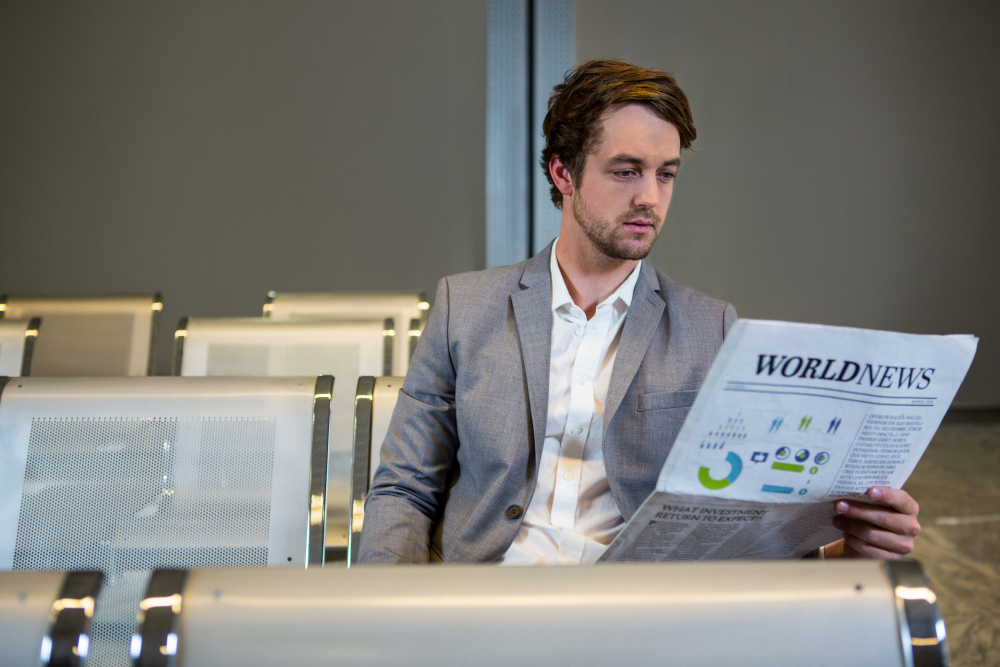When the Spanish dystopian thriller The Platform premiered in 2019 on Netflix, it quickly became a global phenomenon. Its dark and unsettling premise, intertwined with moral dilemmas about human survival, greed, and societal inequality, struck a poignant chord with viewers. Just as the layered vertical prison in the film served as a metaphor for the stratified nature of our world, fans have been eagerly dissecting the intricate themes long after the credits rolled. Now, with speculation and anticipation mounting for The Platform 2, it’s time to take a closer look at what made the first film so impactful and what we might expect from a sequel.
Revisiting “The Platform”
The original “The Platform” (titled “El Hoyo” in Spanish), directed by Galder Gaztelu-Urrutia, introduced audiences to a grim yet thought-provoking prison system. Each floor of the prison housed two inmates, and they were fed through a single descending platform overflowing with food at the start of its descent. The genius—and horror—of the system was in its inherent inequality; the prisoners on the top floors ate first, leaving scraps (or nothing) for those below. With characters like Goreng, the idealistic and introspective protagonist, viewers were drawn into this allegorical world where human morality was placed under immense pressure.
The genius of the film extended to its minimalist setting and small but powerful cast, including Iván Massagué, Zorion Eguileor, and Antonia San Juan. The confined space didn’t dilute its impact; instead, it increased the tension and posed critical ethical questions. The metaphor was clear yet hauntingly complex, drawing parallels to real-world problems such as wealth inequality, class struggles, and the hoarding of resources.
But unlike most films with a clear resolution, “The Platform” left viewers with lingering questions. Did Goreng succeed in delivering his “message”? Was there hope for change? The openness of the ending has left audiences hungry for more answers (and a potential sequel to satisfy those cravings).
What Could “The Platform 2” Bring to the Table?
While there’s yet to be an official announcement from Netflix or the creators, the idea of “The Platform 2” continues to be a hot topic among fans and critics. If the sequel becomes a reality, here are key areas the movie might explore, based on prevailing discussions and interpretations of the first film.
1. A New Setting
The towering vertical prison was not just a setting; it was a character in its own right. However, a sequel could expand the dystopian world to introduce viewers to new forms of institutional oppression. Could there be a similar system operating horizontally? Could regions outside the prison walls reveal more about the society that constructed it?
Changing the context while keeping the moral quandaries intact would allow the sequel to explore fresh themes while staying true to the spirit of the original.
2. New Characters
The first film introduced a mix of complex characters, each bringing their unique perspectives and moral choices. A sequel could follow new faces to highlight different societal dynamics. For example:
- Individuals on the “outside” who uphold or resist the prison system.
- New prisoners whose motivations and strategies for survival differ from Goreng’s.
- Former prisoners who have either escaped or were released, providing a glimpse into their rehabilitation (or lack thereof).
Expanding the cast could help broaden the lens on human behavior while keeping the focus on the ethical dilemmas at the core of the story.
3. Alternative Themes of Inequality
While the first film centered around wealth and resource distribution, “The Platform 2” could branch into new realms of inequality. Areas like education, healthcare access, or environmental degradation are ripe for the same metaphorical exploration. The sequel could explore how these issues intersect, creating a multi-layered narrative even more gripping than the first.
4. The Fate of “The Message”
One of the biggest open-ended questions from “The Platform” is whether Goreng’s actions had an actual impact. Did sending up the panna cotta as a symbol of resistance accomplish anything? Did the administrative controllers even notice? Having the sequel build upon this could offer closure—or introduce even more ambiguity to debate over.
Is the system unchangeable, or can collective defiance spark an overhaul? Exploring the idea of systemic change versus acceptance of dehumanizing systems would align perfectly with the thought-provoking nature of the franchise.
5. Merging Genres
While “The Platform” was firmly grounded in dystopian horror, the sequel could experiment with other genres to maintain the franchise’s fresh appeal. Perhaps an infusion of psychological thriller elements or even investigative drama, where characters seek to uncover the origins and purpose behind the prison, could deepen the narrative.
What Made “The Platform” Cast Stand Out?
A major strength of the original film was its exceptional cast, who brought raw emotion and realism to their roles. Lead actor Iván Massagué captured Goreng’s evolution from hope to despair, making viewers root for him even amidst his moral lapses. Similarly, Zorion Eguileor’s Trimagasi remains one of the most memorable characters—his pragmatic but ruthless worldview offered a chilling contrast to Goreng’s idealism.
A sequel would require talented performers capable of stepping into morally ambiguous roles. Given the success of the first film, it wouldn’t be surprising if “The Platform 2” attracted an international ensemble to elevate its global reach.
The Platform 2’s Relevance in Today’s World
The themes tackled in “The Platform” resonate now more than ever. With growing discussions around the concentration of wealth, systemic injustices, and global inequalities, a sequel has the opportunity to build on this momentum. By addressing modern anxieties, like the wealth disparity exacerbated by the pandemic or the environmental cost of overconsumption, “The Platform 2” could once again inspire the kind of impactful conversations the first installment did.
Final Thoughts
The Platform carved a unique space in modern cinema by combining minimalist filmmaking with deep philosophical and societal commentary. A sequel, “The Platform 2”, has the potential to expand this universe in compelling ways—bringing new settings, characters, and themes to the forefront, all while preserving the film’s central focus on humanity’s moral dilemmas.
For those eagerly awaiting news, keep your eyes peeled and your discussions alive. If there’s one thing we learned from “The Platform,” it’s that every voice in the system—no matter how small—has the potential to make an impact.









